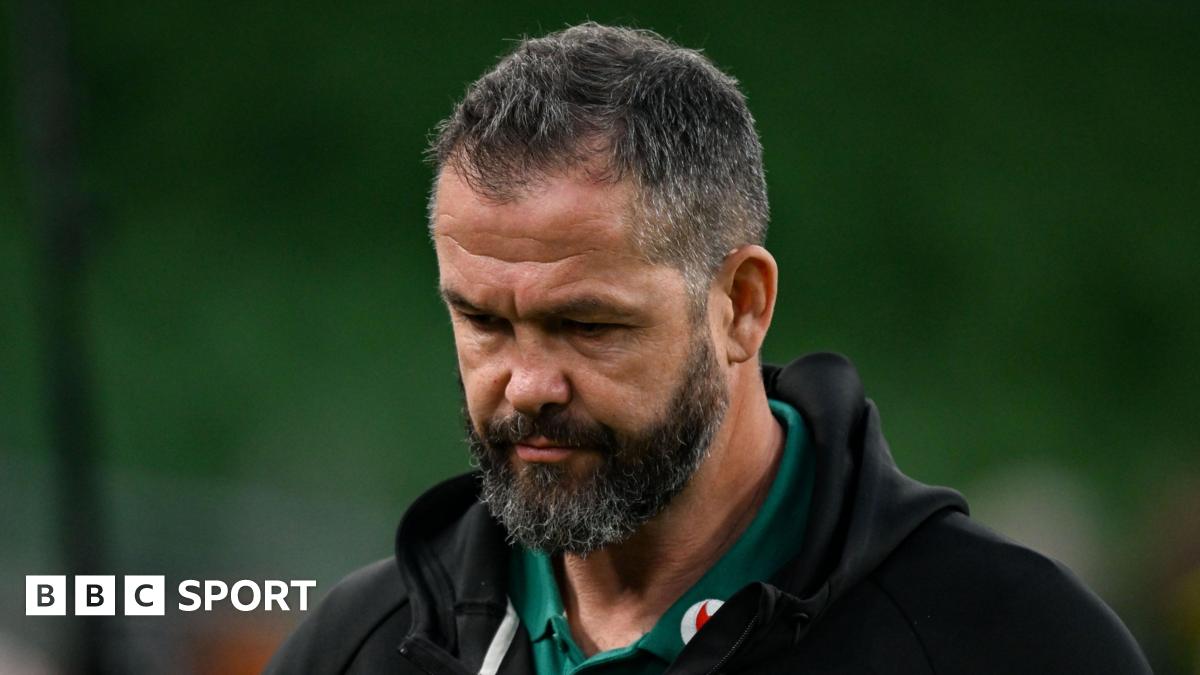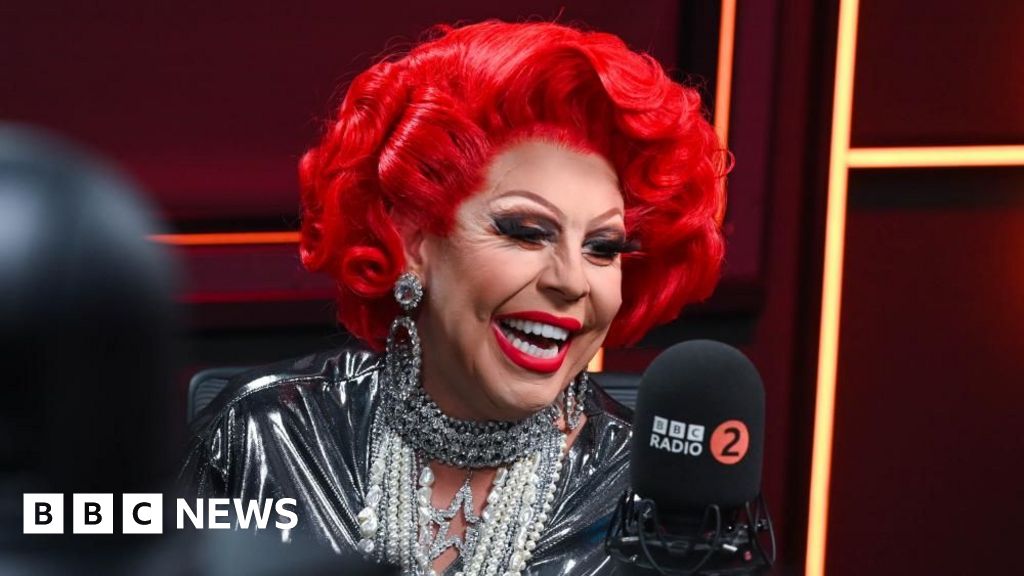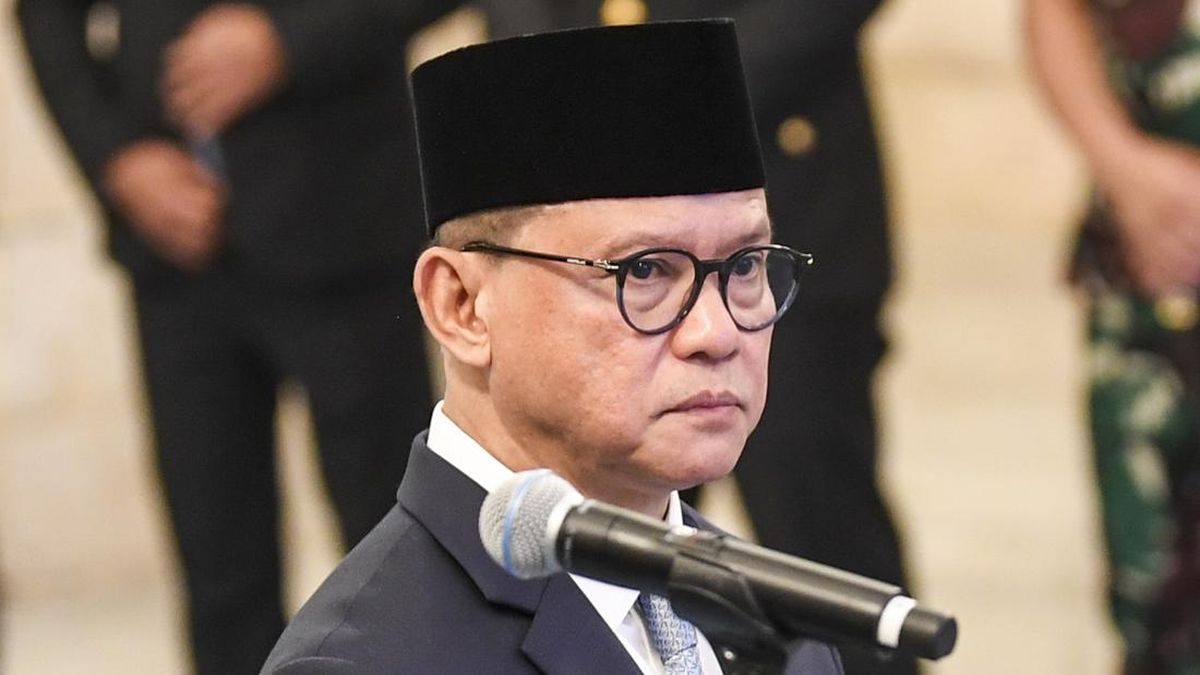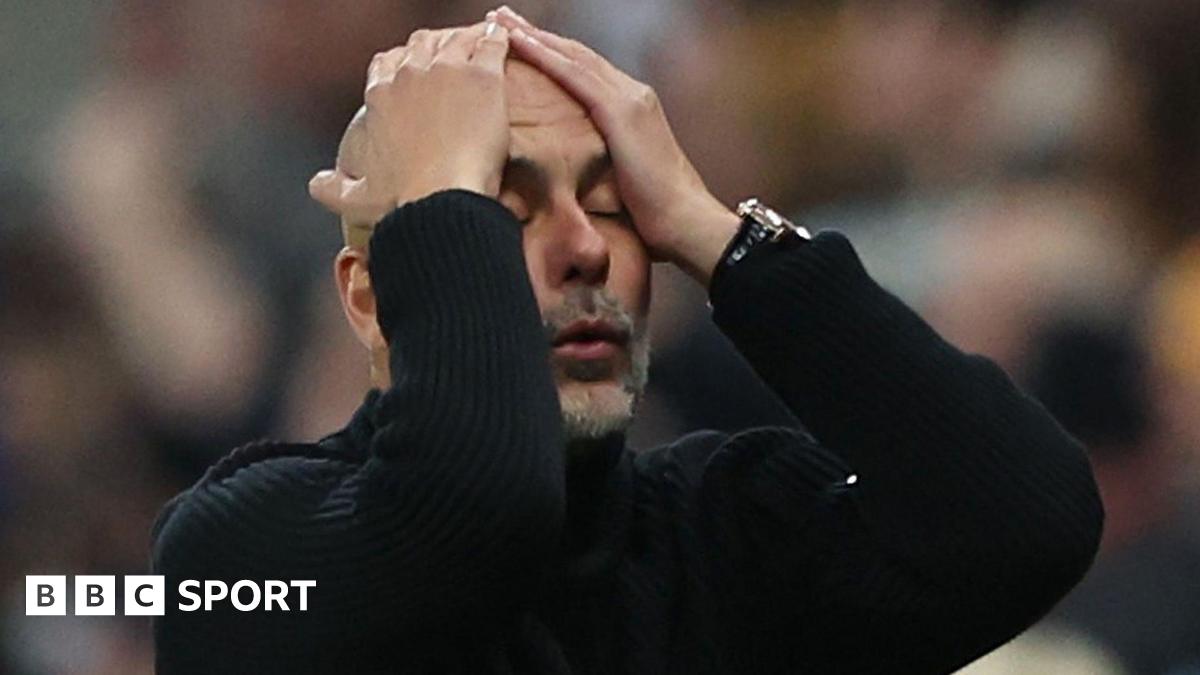Hunter was 2 and couldn’t speak. Getting him help became his mum’s ‘living nightmare’
Single mother Belinda says it was a “living nightmare” trying to get help for her son when, aged two, he still wasn’t speaking.
The Frankston North family languished on waiting lists for appointments with pediatricians, speech therapists or behavioural management support.

Belinda sought out support for her three-year-old, but said it wasn’t easy. She’s now receiving support through Our Place.Credit: Simon Schluter
“I went to my GP and I said, ‘This is enough. I need actual help’. And he said, ‘there’s not much that they can do other than more referrals’.”
“I was trying to get help, and no one was listening. The next thing to do was scream. It wouldn’t help anybody.”
A new study has highlighted the importance of identifying learning gaps as early as preschool age to help bridge the divide between the haves and the have-nots.
Researchers who co-authored a report for Victoria University’s Mitchell Institute, Unequal from the Start: The Achievement Gap and the Early Years, found that before two, there was little difference in learning between children of different socioeconomic backgrounds.
But by age three those children are behind their more socially and economically advantaged peers, a trend that continues through school.
“The time to address disadvantage is before school and even before preschool,” says researcher Melissa Tham.
“Disadvantaged children are starting preschool and school on an unequal footing compared to their peers. That does not mean that they can’t catch up, but unfortunately, research shows that children who start behind tend to stay behind.
“Ultimately, we need an early childhood education and care system where equity is baked in from the first three years – this is when our research showed that the gaps were appearing,” she said.
The research was taken from a longitudinal study of Australian children, which assesses 10,000 children and their families and measures early cognitive and developmental differences from children aged birth to five years as well as NAPLAN results.
Tham recommended the federal government provide more Child Care Subsidy funding to childcare centres that enrolled more disadvantaged children.
Researchers said some areas still had poor or no access to childcare, and in some cases quality remained an issue, as did price.
“We know that the first years of life are crucial to the development of children. We also know that, without the right supports in place, disadvantages in early life can have a profound impact on a child’s educational journey,” said Tham.

Early childhood education can determine academic outcomes later in life.Credit: Getty Images/iStockphoto
When Belinda’s son started at kinder, Our Place - which acts as a glue for families and support services - linked her up with a pediatrician, who she saw within the month.
She says the wraparound services changed Hunter’s life. He now sees a speech therapist and Belinda has received parenting support to help manage his behaviour.
“I’m actually enjoying being a parent again,” she said.
She said if parents knew something was wrong, they should ask the right people for help.
“And don’t stop at the first stop, don’t give up,” Belinda said.
Our Place director Elfie Taylor said their end game was better educational outcomes for children.
She said “trajectories are really quite set and locked in from six [years old] onwards”, when prevention was no longer an option.
“Identifying gaps early and working on them earlier would actually lead to changing trajectories,” Taylor said.
Federal minister for early childhood education Jess Walsh said they were focused on ensuring every child got access to the benefits of quality early learning, no matter their postcode or what their parents did.
A Victorian government spokesperson said along with free kinder, they had also invested in a growing network of 13 early parenting centres providing family programs for children from birth to age four.
Get the day’s breaking news, entertainment ideas and a long read to enjoy. Sign up to receive our Evening Edition newsletter.
Most Viewed in National
Loading


















































